Queering the Portico Library Collection: Unearthing Hidden Narratives
Abbi (BA MA PGCE) is a queer, butch, autistic writer and poet based in Manchester. She writes that:
My whole life has been a protest. My body has also been a battleground and dingy back room. Nevertheless, it's never belonged to me. We have arrived at a time where lesbian- focused spaces have faded like a droplet into water. It is time. Time for us to establish our history, our connections, our own bodies and how radical it always has been for us to simply breathe.
Abbi will be joining the Portico Library as a writer in residence from May onwards, to support their PhD in creative writing. The piece of auto fiction they are working on is titled “Story of Them” and focuses on testimony within queer lineages. Abbi will be queering and challenging the Portico collection via community engagement and a blog documenting creative process.
This is the first blog post by Abbi Parcell, who is a poet and educator, and explains the focus of her PhD in Creative Writing at the University of Salford. Abbi is working on this doctorate collaboratively with the Portico Library to make visible the experiences of underrepresented and marginalised identities within the LGBTQIA+ community through the collection. Here Abbi outlines her starting position:
As a newly appointed PhD Writer in Residence at the Portico Library, I am excited to embark on a transformative journey to queer the library's collection. The Portico Library, a venerable institution rich in history and knowledge, has been a beacon of intellectual exploration for generations. My mission is to bring to light the stories, voices, and experiences of LGBTQ+ individuals, communities, and movements that have been overlooked or underrepresented in the traditional literary canon. By doing so, we aim to create a more inclusive and diverse literary landscape that reflects the entirety of human experience.
The Importance of Queering the Collection:
Queering the collection does not entail adding a few token titles with LGBTQ+ themes. Instead, it involves a profound re-evaluation of the existing (mainly) nineteenth-century collection and the integration of previously marginalised voices. We can foster empathy, understanding, and acceptance by embracing the complexities of queer identities, experiences, and contributions.
Identifying Gaps in Knowledge
1. LGBTQ+ History and Activism:
The collection hasn’t got a comprehensive exploration of LGBTQ+ history and activism. By examining the struggles, achievements, and milestones of the LGBTQ+ rights movement through the collection, we can foster a deeper understanding of the challenges these communities face and the progress made towards equality.
2. Intersectionality and Identity:
Queer experiences intersect with race, ethnicity, class, and disability, among other aspects of identity. The collection must amplify the voices of LGBTQ+ individuals who navigate multiple dimensions of marginalisation, enabling readers to appreciate the complexities of their lived experiences.
3. Global Perspectives:
The current collection predominantly focuses on Western experiences, leaving out the rich diversity of LGBTQ+ narratives worldwide. Exploring literature from different cultures can broaden our understanding of queer identities and societal attitudes across the globe.
4. Trans and Non-binary Narratives:
A notable scarcity of books centres on transgender and non-binary experiences. By actively seeking out and promoting these narratives, we can better represent the full spectrum of gender identities.
5. Queer Authors of Colour:
The literary world boasts a multitude of queer authors of colour whose works have been historically overlooked. We must uplift their voices and celebrate their contributions to literature.
6. Genre and Themes:
Queer stories transcend traditional genres and are often pigeonholed into specific categories. Exploring diverse themes, styles, and genres within LGBTQ+ literature can enhance the collection's richness.
A photograph of four people in discussion in a library
Exploring and Filling the Gaps
To queer the collection successfully, the Portico Library will undertake several initiatives:
1. Collaborations and Community Engagement:
Partnering with local LGBTQ+ organisations, authors, and activists will facilitate a deeper understanding of the community's needs and how the library can address them effectively.
2. Curated Book Lists and Displays:
Creating curated book lists and thematic displays can draw attention to the diverse perspectives within the LGBTQ+ community, making it easier for readers to access relevant materials.
3. Author Events and Workshops:
Inviting queer authors and scholars for events and workshops will provide dialogue, knowledge sharing, and mentorship opportunities.
4. Panel Discussions and Public Events:
Organising panel discussions, readings, and public events will encourage open conversations about queerness, representation, and the importance of diverse narratives.
As the PhD Writer in Residence dedicated to queering the Portico Library collection, I am honoured to contribute to this vital endeavour. By identifying and exploring the gaps in knowledge, we aim to create an inclusive and progressive space that celebrates the complexity of human existence. Together, we can open hearts and minds, fostering a more empathetic and accepting society through the power of literature.
To see Abbi’s suggested reading for Queering the Portico, click here for our Bookshop.org page.


